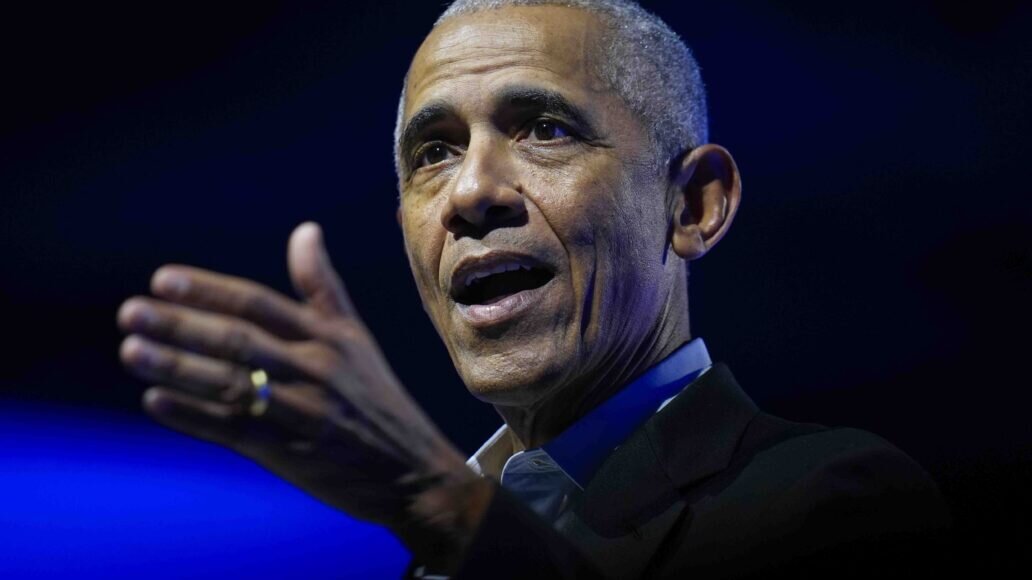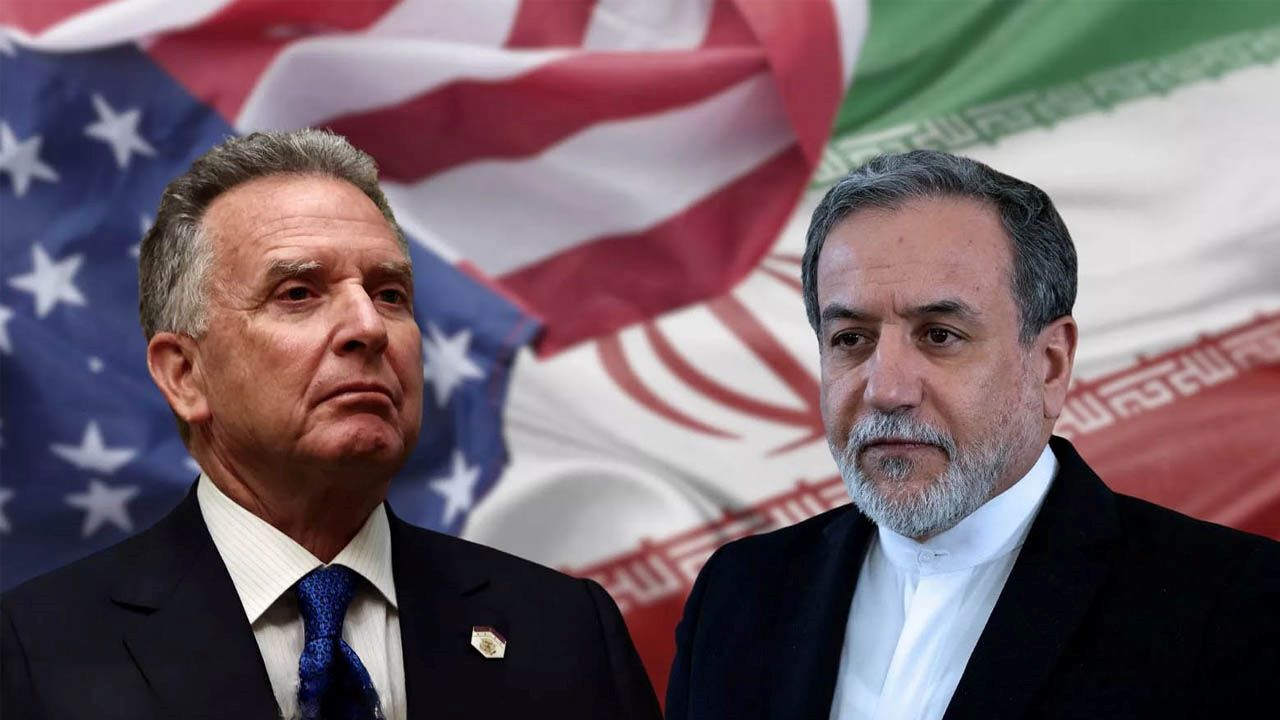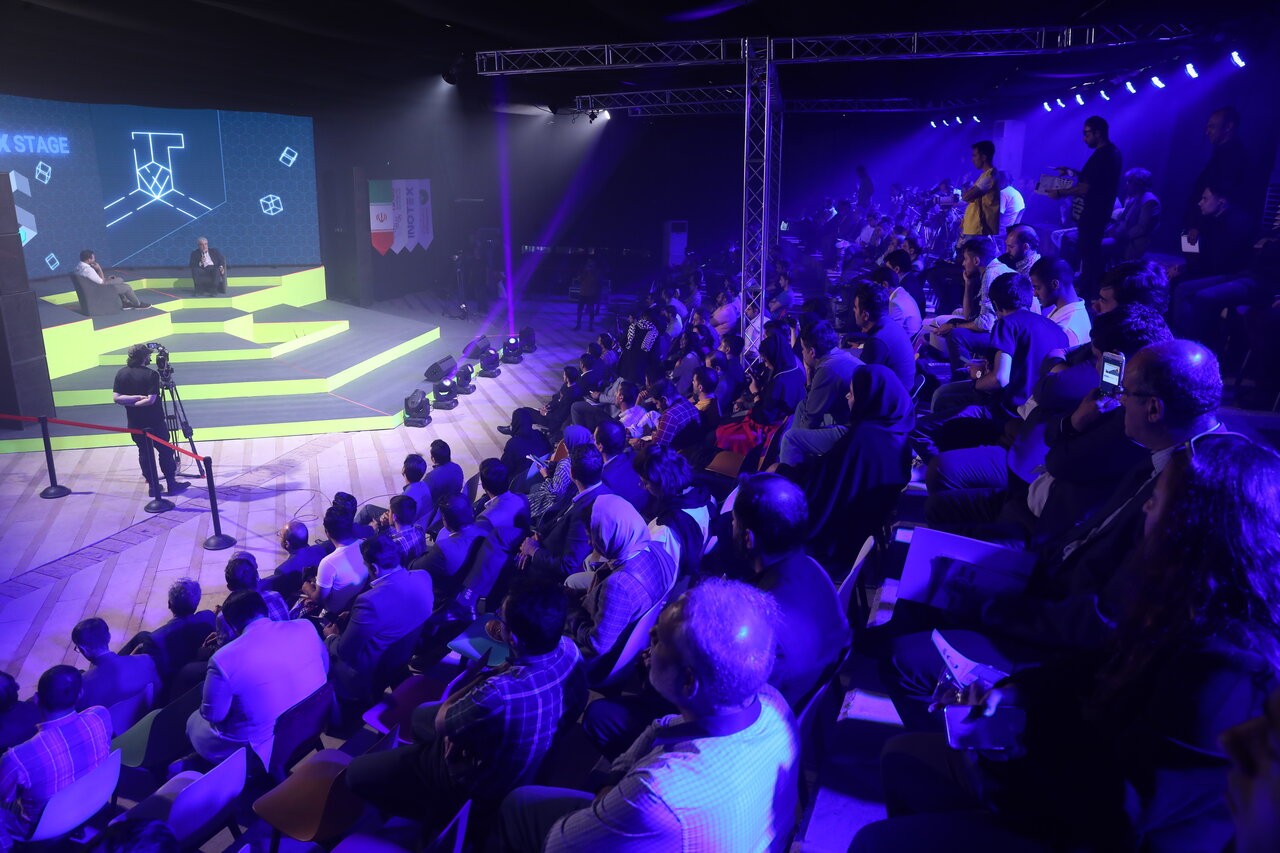The chief of staff assassinated on Sunday previously led Hezbollah's special forces
A woman holds a picture of Hezbollah's top military official, Haytham Ali Tabtabai, during the funeral for him and other people who were killed by an Israeli air strike on Sunday, in Beirut, on 24 November 2025 (Reuters/Mohamed Azakir)
In its first strike on Beirut since June, Israel on Sunday killed the most senior Hezbollah military figure to have been targeted since the ceasefire in Lebanon was established a year ago.
Haytham Ali Tabatabai, known as Abu Ali, rose through the ranks to become Hezbollah’s top military chief after Israel eliminated much of the group’s senior leadership.
During last year’s war, Tabatabai headed Hezbollah’s operations division. After the 24 November 2024 ceasefire, he was appointed chief of staff, replacing Ibrahim Aqil, who was killed two months earlier.
Hezbollah mourned him as “one of the leaders who laid the foundation for this resistance to remain strong, dignified, and capable, protecting the homeland and achieving victories”.
The Israeli military said Tabatabai “worked extensively” to restore Hezbollah’s “readiness for war with Israel”.
Of Iranian as well as Lebanese descent, Tabatabai joined Hezbollah in the 1980s and held a series of senior positions, including leadership of the Radwan Force, an elite fighting unit.
'Architects of liberation'
Hezbollah said in a profile distributed to the media that Tabatabai had been involved in the group’s military operations against the Israeli army since the 1990s.
He took part in special operations against Israeli forces in south Lebanon in 1993 and 1996, before Israel’s withdrawal in 2000.
From 2000 to 2008, he was responsible for the area around the town of Khiam, directing Hezbollah's operations there during the 2006 war with Israel, in which the Lebanese movement fought fiercely in and emerged undefeated.

How Israel is laying the groundwork for ethnic cleansing in southern Lebanon
Read More » He later oversaw the movement's intervention units and, following the 2008 assassination of senior commander Imad Mughniyeh, helped shape what would become Hezbollah’s elite Radwan Force.
Tabatabai also commanded Hezbollah’s special forces in Yemen, where the Lebanese fighters were helping Ansar Allah, commonly known as the Houthi movement.
He also fought in Syria on behalf of Bashar al-Assad, reportedly surviving an Israeli air strike there.
During the Syrian war, Tabatabai also played a key role in directing operations against militant groups along Lebanon’s eastern border with Syria, before moving into higher-level operational leadership.
In 2016, the US designated him a “terrorist” and offered up to $5m for information on him.
During his funeral on Monday, the head of Hezbollah’s executive council, Ali Damoush, warned Israel “should remain worried because they have made a big mistake”.
Tabatabai “did not leave the battlefields for more than 35 years”, Damoush said.
“He managed many combat axes in the face of the occupation, and he was one of the architects of liberation in the year 2000.”
Intelligence war
Israel’s strike on Sunday hit an apartment building in Beirut’s densely populated southern suburbs known as Dahyeh, killing five people and wounding 28, according to Lebanon’s health ministry.
A source close to Hezbollah said Tabatabai had been based abroad and returned to Lebanon after Israel killed senior Hezbollah commander Fuad Shukr in July.
Lebanese security analyst Ali Rizk believes the assassination of a senior military figure is part of a broader escalation on the Lebanese front and could signal a new phase in Israel’s operations.
Rizk said Israel holds the upper hand in its intelligence war with Hezbollah.
This, Rizk said, has been clear ever since September 2024, when Israel escalated border clashes by detonating thousands of pagers and walkie-talkies used by members of Hezbollah, in an attack that rocked the movement and wounded men, women and children.
Israel also demonstrated Hezbollah's deep intelligence penetration by killing most of its top brass, including longtime leader Hassan Nasrallah, Aqil, who led the elite Radwan unit, and Ali Karake, who was the number three military commander.
“That’s why Israel might continue doing what it’s doing, because this is where it can inflict real harm on Hezbollah,” Rizk told Middle East Eye.
“In a [conventional] war, it can inflict damage, but it would also suffer as well. So what we may see instead is an intensified Israeli security and intelligence war.”
Rizk added that while Hezbollah can take some precautionary measures, it remains vulnerable to Israel’s intelligence reach, even as it works to close the gaps exposed over the past few years.
Israel's border operations
In recent weeks, Israel has stepped up its operations across Lebanon, carrying out deadly air raids that it says are aimed at preventing Hezbollah from rebuilding its military capabilities.
Near-daily Israeli strikes and operations have continued, killing more than 300 people since the ceasefire, including at least 100 civilians, according to the United Nations. Hezbollah has not attacked Israel since the ceasefire began.
Israeli forces have also occupied five strategic positions just inside southern Lebanon.

Israel's occupation and bombing of south Lebanon makes return home impossible
Read More » According to Israeli newspaper Yedioth Ahronoth, since the ceasefire, the Israeli military has carried out around 1,200 operations in 21 Lebanese villages along the southern border, which remain heavily damaged and largely depopulated due to the continued Israeli presence and activity.
The report said the scale of these operations - described as unprecedented and reminiscent of the army’s activities in the occupied West Bank - extends along the entire 140-kilometre border. Forces are conducting up to five raids a day within three to five kilometres of the frontier, and at times even deeper inside Lebanon.
Notably, the newly expanded freedom of action has allowed Israel to rely primarily on reserve units for these missions, rather than the elite forces that carried them out in the past.
Although daily life has largely returned to normal in northern Israel, officials remain wary that, despite its reduced arsenal and the loss of senior commanders, Hezbollah could still inflict damage, the report said.
Yedioth Ahronoth quoted military sources as saying that they believe the group retains the capacity to surprise forces inside Lebanon.
“We are in a formative period, and if there is no genuine Lebanese effort to disarm Hezbollah, we will have to remain active and aggressive against it in the coming years, even at a cost to ourselves,” the sources said. “We must not allow a repeat of what happened after 2006.”
Rizk said: “Ultimately, Israel wants free rein to act as it wishes in Lebanon, just as it does in southern Syria.”
 انتخاب - 1404-11-26
انتخاب - 1404-11-26












![گاردین: بحران اقتصادی و سیاسی در کوبا وارد مرحلهای بحرانی شده/ قطع سوخت میتواند ظرف چند هفته به رنج گسترده برای [تامین] برق و غذا منجر شود/ دولت کوبا مدارس و ادارات غیر ضروری را تعطیل کرده؛ شهروندان نیز برای زندگی بدون سوخت آماده میشوند، از ساخت اجاقهای زغالی تا کمکهای داوطلبانه برای بیماران](https://cdn.entekhab.ir/files/fa/news/1404/11/26/2120894_856.jpg)
